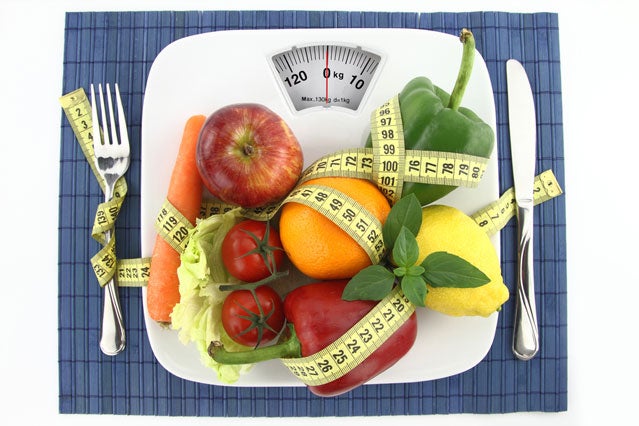Weight is often a sensitive topic, particularly for athletes who feel that a few pounds are the only thing separating them from a podium finish. And while that sort of preoccupation may seem vain, studies have shown they’re probably right.
Take presented at the American Medical Society for Sports Medicine’s annual meeting. Researchers obtained the body fat percentages of 457 athletes participating in a triathlon, then plotted those percentages against their race times. Sure enough, as body fat percentages decreased, so did the athletes’ times.
A physiologist at the University of Dayton in Ohio even developed a calculator that shows runners how much faster they’d be if they were 25 years old and weighed either 143 pounds (males) or 110 pounds (females). For athletes not much older than 25, the time differences come close to two seconds per mile for each pound lost. (Try the here.)
If you have body fat to lose, there’s no question shedding that weight can make you faster. Finding that ideal weight, however, is an unscientific process that requires you listen to your body, and pay attention to your performance in races and workouts.
“Racing weight means that the athlete reaches the weight where they’re swimming great, biking great, and running great,” says Siri Lindley, previously ranked the number-one triathlete in the world and former coach of Ironman World Champion Mirinda Carfrae.
You don’t have to be a triathlete to follow Lindley’s prescription for finding your ideal racing weight. She cautions against attaching a number to it, instead encouraging athletes to pay attention to how they feel as they start shedding pounds.
At your racing weight, you will feel powerful, fast, and energetic. Dip a few pounds below, and you’ll start feeling lethargic, weak, and slow because you’ll be losing more muscle than body fat—muscle you need for speed and power. Sure, the Flyer Handicap Calculator may tell you that you’ll drop 12 minutes at your next marathon if you lose 15 pounds, but if you don’t have 15 pounds of body fat to lose, shedding that amount of weight can have detrimental effects on your performance and health.
So experiment. Try stepping on the scale every four days to track your weight loss progress and keep a log of how you feel at each weight. Once you find the weight where you feel you’re performing your best, you’ll know what to aim for in future competitions.
“Losing weight can be a pain,” Lindley says. But if you have the weight to lose, “it’s worth the hassle. You’ll feel better, you’ll feel happier, you’ll race faster, and sports will be a lot more fun.”
Want more info on racing weight? Check out by endurance sports journalist Matt Fitzgerald.


